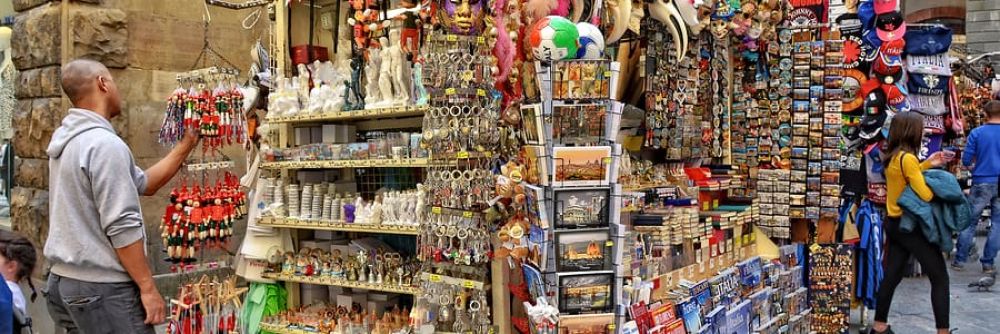

Exploring Lebanon is not complete without the pursuit of perfect memorabilia from its myriad souvenir shops. Tourists can find an array of traditional Lebanese crafts, from intricately designed pottery to fine embroidery and colorful glassware. Beirut Souks and Byblos Market are popular places where one can immerse in the local culture and shop for authentic souvenirs like cedar wood carvings, which symbolize the country's emblematic trees, and bottles of Lebanon's famous olive oil or renowned wines. Amid the haggling and the vibrant atmosphere, visitors experience the heart of Lebanese hospitality and craftsmanship.
Jeita Grotto, comprised of two separate, but interconnected, limestone caves, is a national symbol and a top tourist destination in Lebanon. Spanning an overall length of nearly 9 kilometers, these caves were discovered in the 19th century and have since awed visitors with their stalactites and stalagmites formations. The upper grotto is accessible via a walking tour, while the lower grotto can be explored by boat due to the underground river that flows through it. This natural wonder is a contender for the New7Wonders of Nature and plays a pivotal role in Lebanon's tourism landscape.
Lebanon's history of tourism dates back to the early 20th century when travelers would visit the cosmopolitan city of Beirut, known as the "Paris of the Middle East" for its culture and beauty. The tourism industry saw a boom post-World War II as Lebanon capitalized on its unique blend of Western modernity and Eastern tradition, attracting visitors until the onset of the civil war in 1975. After a period of instability and recovery, tourism has once again become a significant sector for Lebanon's economy, ushering in a new era where historical sites such as the Baalbek Roman Temples, the ancient city of Byblos, and natural attractions like the Cedars of God in Bcharre are major draws for international travelers.
The latest trend in Lebanon's tourism revolves around sustainable and responsible travel. There is a growing emphasis on eco-tourism, with visitors showing increased interest in Lebanon's natural reserves such as the Al Shouf Cedar Nature Reserve and the Palm Islands Nature Reserve. Additionally, agro-tourism has risen, with tourists seeking authentic experiences by staying in rural guesthouses, participating in local farms' activities, and enjoying homemade traditional cuisine. The rise of boutique hotels and the restoration of traditional Lebanese houses into guest accommodations reflect a shift towards preserving cultural heritage and environment.